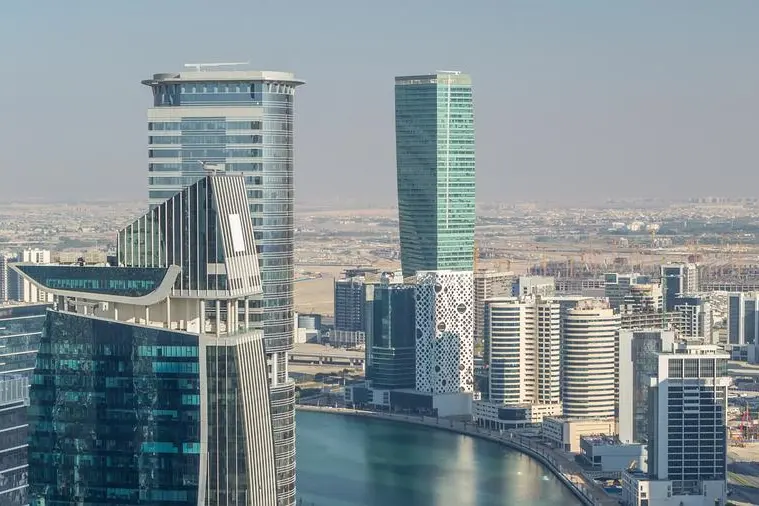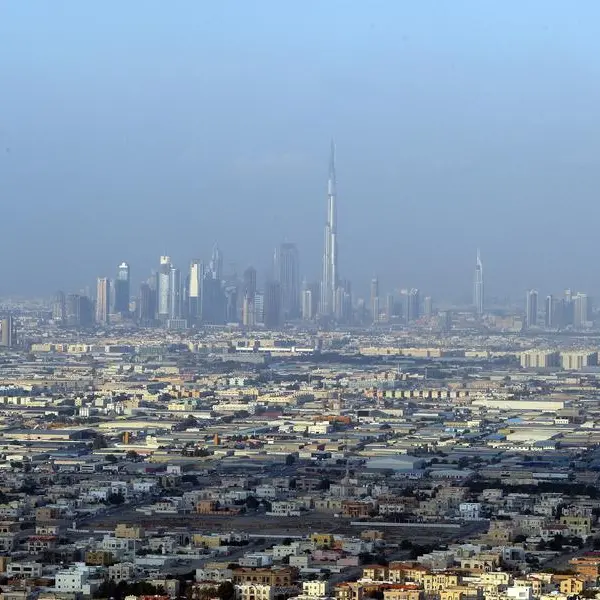PHOTO
Dubai and Abu Dhabi are facing a shortage of new office space amid widespread return of workers to offices and rising business confidence, according to a report.
In its latest analysis, Knight Frank confirmed that occupancy levels in the UAE’s two largest business hubs, particularly in modern and high-quality builds, are rising and that rents will continue to experience upward pressure, as supply remains limited.
There is a growing number of occupiers looking to lease space in the Grade A segment, where occupancy levels are hovering at around 90% to 95%.
“The severity of the shortage of new office space, combined with rising demand, particularly for high-quality offices suggests that office rents will continue to experience upward pressure,” Knight Frank said.
Dubai market
Demand for office space has rebounded since COVID-19 restrictions eased and businesses asked their staff to return from remote working.
According to Knight Frank, Dubai alone required an additional 265,000 square feet of office space during the third quarter of the year.
The market is on track to surpass the 1.1 million square feet of requirements registered in 2021, with year-to-date demand already reaching 739,000 square feet.
“The biggest challenge for the market… is a shortage of prime Grade A space,” said Faisal Durrani, Partner – Head of Middle East Research at Knight Frank.
According to Andrew Love, Partner – Head of Occupier-Landlord Strategy and Solutions, and Head of Middle East Capital Markets, some tenants are also shifting to new and good quality buildings.
“There is a distinct trend of a flight to quality that has bedded in, with occupiers migrating away from older buildings into more modern builds that are well managed and maintained and many international businesses are looking for space with ESG credentials,” Love said.
And with “best-in-class” buildings now highly sought after, rents are bound to increase. However, stocks in the secondary or older category may not follow a similar trend.
“Office lease rates for the best buildings are going to continue rising,” said Durrani. “Grade B, or older, more secondary stock will however likely continue to struggle, with the gap between rental performance in the long established two-tiered office market likely to widen further,” Durrani added.
Abu Dhabi
In Abu Dhabi, average office rents have already climbed by 4.9% over the last 12 months. The emirate is also facing a shortage of Grade A office space, with locations like ADGM and other best buildings seeing occupancy levels at 95%.
“What we’re seeing is a widespread return of employees to offices and business confidence is rising in tandem,” said Durrani.
“Businesses feel good about life right now, as this is reflected in the non-oil sector PMI readings – and demand for office space is rising across the board… Like Dubai, the Abu Dhabi office market continues to face an insufficient supply of good quality fitted space in well managed buildings.”
(Reporting by Cleofe Maceda; editing by Mily Chakrabarty)





















